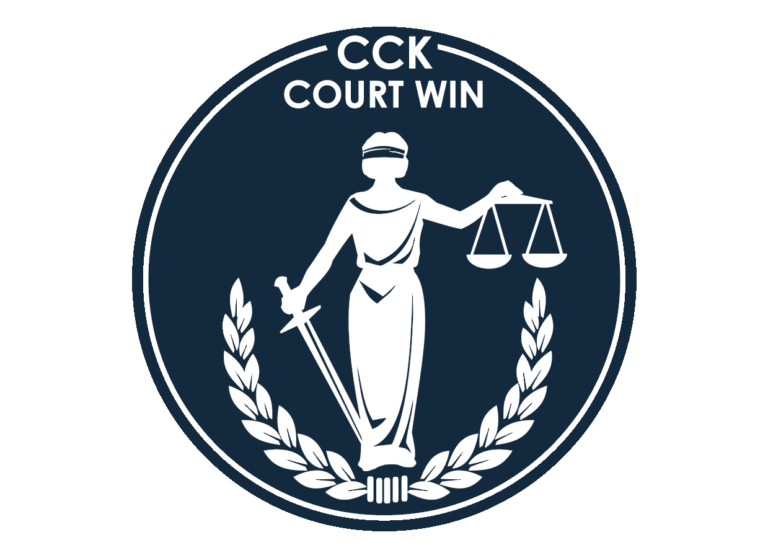CCK Argues the Board Erred in Determining the Presumption of Soundness was Rebutted

CCK Law: Our Vital Role in Veterans Law
Summary of the Case
The Veteran served honorably in the United States Navy from December 1994 to April 1995. He initially applied for service-connected compensation for his asthma in January 2012, and was denied. The Veteran continued to appeal this issue to the Board of Veterans’ Appeals, where his case was remanded in March of 2015. Shortly after, the Regional Office issued a decision upholding its previous denial. The Veteran appealed to the Board once again, but was denied.
Board denies service connection for the Veteran’s asthma
In August of 2017, the Board issued a decision denying entitlement to service connection for asthma, finding that the presumption of soundness was rebutted. To rebut the presumption of soundness, VA must prove with clear and unmistakable evidence that an injury or disease that manifested in service both pre-existed service and was not aggravated by service. In this case, the Veteran conceded that his asthma existed before service, so VA was only required to demonstrate that the condition was not aggravated by service. In its decision, the Board found that the weight of the evidence was against a finding that the Veteran’s pre-existing asthma permanently worsened in service. However, the Board did not describe or cite the presumption of soundness, or the presumption of soundness’s aggravation prong in its analysis. Instead, the Board explained the presumption of aggravation, and cited to 38 USC § 1153. Although these provisions contain similar language, each has a different meaning. Namely, the presumption of soundness’s aggravation prong places the burden on VA to prove no aggravation while the presumption of aggravation places the burden on the Veteran to prove aggravation.
CCK argues the Board applied the wrong standard when making its decision
CCK successfully appealed to the Court of Appeals for Veterans Claims (CAVC) the Board decision that denied service connection for the Veteran’s asthma. As mentioned above, the Veteran conceded that his asthma existed prior to service. Therefore, CCK only disputed the aggravation prong within the presumption of soundness provision. Specifically, CCK argued that the Board failed to apply the correct standard for determining whether the presumption of soundness had been rebutted and failed to provide an adequate statement of reasons and bases for its decision. Additionally, CCK asserted that the presumption of soundness’s aggravation prong should not be confused with the presumption of aggravation.
CAVC agrees, Board erred in denying service connection for asthma
CCK argued, and the Court agreed, that the Board did not provide an adequate statement of reasons and bases because it appears to have conflated the presumption of soundness’s aggravation prong and the presumption of aggravation. Phrasing in terms of “not finding aggravation” as opposed to “finding no aggravation” suggests to the Court that the Board may have improperly applied the presumption of aggravation and placed the burden on the Veteran instead of VA. Overall, the Court determined that it could not say with certainty that the Board applied the correct standard in reaching its decision denying service connection for the Veteran’s asthma. As a result, the case was remanded back to the Board for readjudication.
To read the Court’s full decision, click here.
About the Author
Share this Post
